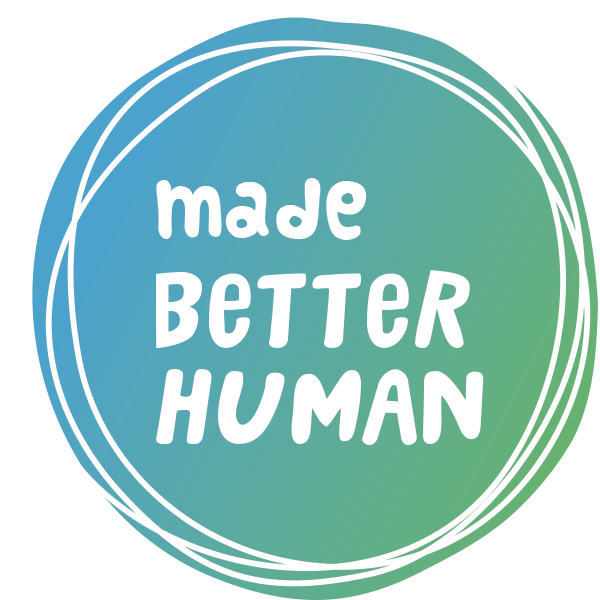In our lives there are a suite of master narratives. These can be dominant and widely accepted versions of events or a story that shapes and influences our understanding of things and our perception of reality. Gender, age, nationality, race, religion, education, social class – these are all examples of master narratives that surround us.
Embedded in a master narrative is a code or prescribed set of invisible rules and assumptions that provide guidance for how we should ‘behave’ according to our gender, age, nationality, etc. Stereotypes abound and the dualities of right and wrong flourish within master narratives. They are the creations of those in positions of power and are used to maintain and justify the status quo.
Because of the capacious quality of master narratives, we fall into them easily, inadvertently partnering ourselves with the logic and conclusions associated with a particular discourse about life or history. If you are able to step back from the master narrative and judiciously assess if it actually aligns with your beliefs and what you value and how you want to be identified in the world, you may notice a widening gap between you and the master narrative.
A lacuna (lah-que-nah) means a gap or missing part. In psychology we can refer to lacunar amnesia to describe the missing parts of a memory. Sometimes there is a missing part to our understanding of why something happened or why we took a particular action over another. Not wanting to accommodate the missing part of understanding, we insert a meaning, jump to a conclusion, or rely on those old master narratives to fill in the space.
The meaning we use to make sense of life and our own actions is all about narrative continuity (a logical flow to the story). What if the logic we have used comes from an unreliable source? What if you are arriving at conclusions about yourself and others that might not be useful or even true? Learning how to spot the leaps we make in our story plotlines and having the ability to question some of the master narrative conclusions allows us to loosen the grip of some of our stories.
You might want to explore how your story and meaning making devices could benefit from some revisions. why not reach out to Made Better Human or consider attending our Made Better Stories program. You might find our module on Deconstructing Stories particularly useful. Our narrative coaches and therapists can work with you to explore the stories of your life and construct the new narratives for your future.

